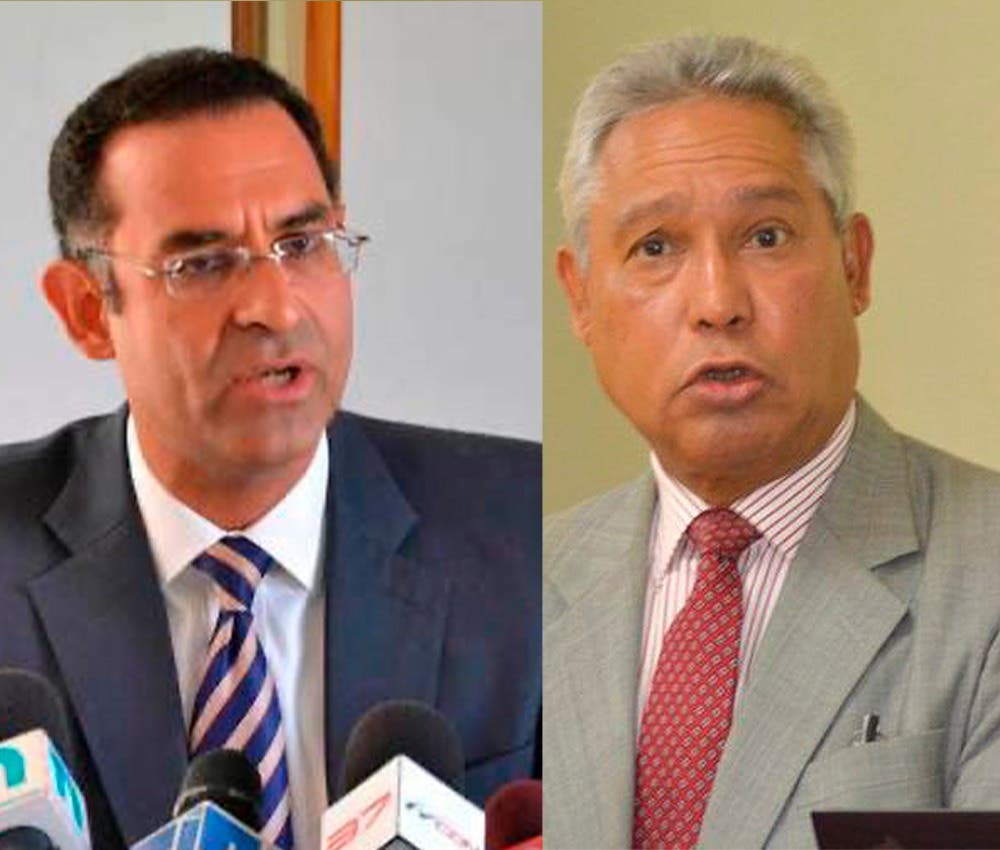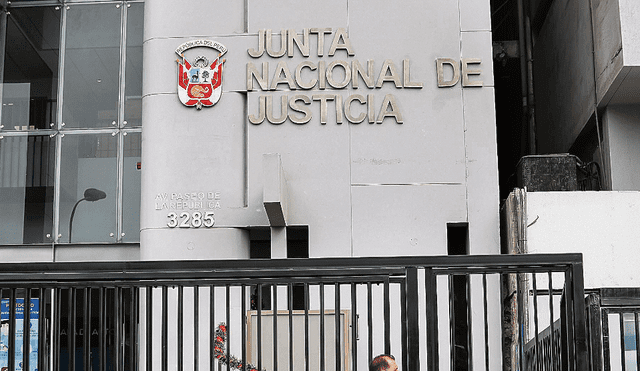Economists Jaime Aristy Escuder and Isidoro Santana agreed that the Dominican Republic does need a fiscal reform and that the proposal presented by the Government is prudent.
Santanaformer Minister of Economy, Planning and Development, stated that the Government’s proposal It should have been even more ambitious.because it only seeks to raise an additional 122,000 million pesos, equivalent to 1.5% of the Gross Domestic Product (GDP), when much more is needed.
“In general, what is known so far seems to me to be very consistent with what was expected. In fact, it is much less than what is needed because the reality is that the Government had to make a much more ambitious reform,” he said.
He expressed that, despite their political cost, because the tax reforms are unpopular, “it is a great thing that in the end a decision has been made and that it is submitted to Congress. I hope it is approved because, truly, the country needed it.”
He stated that the resources that the Government plans to obtain would not be sufficient for the problems facing the country, since only the fiscal deficit is 3.1% of GDP.
Rich people will pay more
Meanwhile, Jaime Aristy Escuder assured that the tax reform proposed will mainly impact the most affluent sectors of society. He stated that this is the first time since the 1992 tax reform, under the mandate of Joaquín Balaguer, that the impact falls significantly on the richest segments of the population.
“The rich take the hit. Let’s make things clear. It is the first time that I have seen, since Balaguer in 1992, what is called ‘I take it completely’, a system of tax benefits,” said Escuder.
He added that his experience participating in previous tax reforms, such as those of 1992, that of 1996 under the government of Leonel Fernández and that of 2000 during the administration of Hipólito Mejía, allows him to ensure that the tax burden of the current reform will be largely assumed. by those with higher incomes.
Escuder explained that the decomposition of the RD$122,000 million in additional income per year, expected with the current fiscal modernization, shows that “most of it will be paid by the richest segments, because they are the ones that consume the most, the ones that have the most income. and those who benefit most from incentive laws.”
He stated that tax reform is necessarysince public finances show a persistent deficit over the last 20 years close to 3% of GDP. This has caused a constant growth in public debt, which currently represents a considerable figure for a developing economy like that of the Dominican Republic.
He indicated that the government is being prudent in terms of the magnitude of the fiscal modernization, since it is only seeking 1.5% of GDP, and defined it as a “small reform.”
Continue reading:
9 arguments of the productive sectors against the tax reform
ADOPRON reveals “what was not said about Dominican rum” in the tax reform proposal

















